|
The Dey Family were one of the first ‘Jersey Dutch’ families to settle in Fairfield. ( Dey is pronounced ‘die’ ).They are of French Huguenot ancestry that assimilated into American Dutch Culture like the local Francisco, DeBaun, Doremus, and Jacobus Families. The first Dey descendent in America arrived in New Netherlands from Amsterdam before 1641. Seventeenth century history is confusing enough, but this Soldier of the Dutch West India Company answered to several names : Dirck Dey, Dirk Jansen, Dirk Siecken, Dirck Jansen Dey, and more. Married twice, his descendents were key pioneer settlers in old Bergen County ( Wayne , Paterson, Totowa ) and the northern part of old Essex County ( Singac & Fairfield ). By naming many Dey children Dirck or Theunis generation after generation creates some confusion today. If Dey Ancestry might interest you, here’s a good place to start: Dey Family In the mid 1700’s two significant Dey buildings were being constructed. . The Lower Preakness 'Mansion' that has been meticulously restored as twice General George Washington’s Revolutionary War Headquarters, and its long gone cousin the Dey Inn of Fairfield Village. The Dey Mansion survived 18 changes in ownership after being sold by General (Dirck) Richard Dey in 1801. The Passaic County Parks Commission acquired it in January 1930 and opened it as a historical museum after WPA project renovations and additions. Of course the Dey Inn had much less historical significance than it’s Lower Preakness cousin, but tradition has it that General Washington dined here and feasted on their specialty: Guinea Hen Soup. But what made the Inn special was its role in Fairfield’s early years. It was much more than a Hotel and Tavern, it eventually became the commercial center of the Community. Only the Dutch Reformed Church outranked it for social and cultural importance. Location, location, location, right? When ‘Two Bridges’ was called ‘No Bridges’ it nonetheless was the origin of Fairfield’s roads. That’s because the Passaic and Pompton Rivers could be forded there. It was once called ‘Washington’s Ford’ because he crossed there. At that time it may have been called ‘One Bridge’, but the actual bridge construction dates are unknown to this writer. ( Google ‘Washington’s Ford’ and you’ll link to a Ford Auto Dealer in PA :-) Generation after generation the Inn stayed in the Dey Family as it evolved over the years. Always an Inn, it accommodated Teamsters , Travelers, Settlers heading West, Drovers, etc. It had barns, feed, water, and a fenced in barnyard for animal herds in transit. Fairfields Dey Inn, also called Deys Hotel or Eagle Hotel on old county maps. In later years the Tavern was replaced by a General Store, but I’m sure a Hotel Guest could acquire a few nips of ‘cider’ or medicinal tonic if self prescribed. Roscoe DeBaun ( FPL R 974.9 DE ) remembered the Dey General Store this way : Roscoe DeBaun’s ‘Country Life in Fairfield 1887-1909’ is a treasure trove of memories. Another time you could get a haircut there or pick up your mail as it was also Fairfield’s first Post Office pre-dating RFD . Innkeeper Samuel Dey was also Postmaster and the postmark was “Fairfield”. Back then, that meant a great deal to our small rural Community. Samuel Dey was also a Caldwell Freeholder and Caldwell Township Committeeman. He didn’t get pushed around by the Caldwell Village Committeemen who felt commercial interests greatly outweighed rural or farm interests. It was probably the old ( and current ) rant about whoever pays more taxes is entitled to the largest share of road improvement and education funds. For example, the 1889 annual budget for Caldwell Township road improvement was $10,000 ( for all of the Caldwells, Verona, Essex Fells, Fairfield, and Cedar Grove ). Since many roads outside of Caldwell Village were prioritized by Samuel Dey he was challenged: “Where abouts is all this money to be spent Sam”? To which he mockingly responded : “Every cent of it will go right in front of my place if I can get it there”. Of course he wasn’t serious and was offended that his good judgment was being questioned by his critics. But after two more years of quibbling Caldwell Village used this issue ( among others I’m sure ) to secede from Caldwell Township. ‘Home rule’ already divided 6 N.J. Counties into 21 by 1857 and the 104 N.J. Townships established in 1798 now number 565 municipal entities. Essentially subdivision was going to happen no matter what Samuel Dey said or did. You can say : the ‘dey was cast’ :- ) :- ) almost like ‘manifest destiny’ was back then. ( Wikipedia ) American Progress, (1872) by John Gast, is an allegorical representation of the modernization of the new west. Columbia, a personification of the United States, is shown leading civilization westward with the American settlers. She is shown bringing light from the East into the West, stringing telegraph wire, holding a school textbook that will instill knowledge, and highlights different stages of economic activity and evolving forms of transportation. **** The Fairfield Post Office delivered it’s mail to the Erie Train Station in Caldwell via ‘Old Joe’ Kiersteads phaeton. By 11 o’clock he returned to Fairfield after narrowly escaping death from those nasty Caldwell potholes :- ) :- ) That was the time of day many folks visited the General Store, met with Neighbors, soaked up the latest news or gossip and traded recipes for ‘Guinea Hen Soup’. Note : This is getting way too humorous for serious ‘history’. I need to look up the Pollio Family Motto: “Braccia rubate all’agricoltura” ( Literally : arms stolen from agricultural work ). { This phrase refers to someone who’s studying or doing some type of intellectual work, but doesn’t quite know what they’re doing. In other words, this person is better suited for farm work }. Sounds about right, huh? I should have stayed on the Family Farm and never pursued that B.A. in History from Bloomfield College! Once more, the Inn added something new about 1900. A large room was converted into a school classroom because the public one room schoolhouses in Clinton and at the Fairfield Church were at capacity. A few years later ( 1905 ) the Board of Education was allocated $ 5,500. of Township funds to construct a large four room school on Fairfield Road. Then in 1927 it was expanded into eight large classrooms. Fairfield’s first township-wide Elementary School on Fairfield Road. The first four classes began in 1907, with two student grade levels in each classroom. The last significant changes to the Dey ( pronounced ‘die’ ) Inn was the addition of a long closed-in wraparound porch. Even though the Inn was very well maintained, it was in the path of a major street intersection upgrade. Two Bridges Road and Little Falls Road were rerouted and joined with the ‘new’ Passaic Avenue ‘cut through’ ( a term Grandmother Adelia Collerd used frequently for ‘new’ roads like the New Dutch Lane ‘cut through’ and the Sand Road ‘cut through’ ). This busy intersection required Township Constables to direct traffic there every Sunday after Church. The last configuration of the Dey Inn before it fell victim to eminent domain. The original main section (R) is barely visible in this old photo. Another good article about : Dey Mansion Sometimes even the worst Historian stumbles upon a curiosity of little known fact. This is about Bergen Militia ‘General’ Richard Dey the son of Major, Colonel Theunis Dey who placed his Plantation into the service of General Washington (1780). During Richards service under numerous Militia Commands, the war of Independence (1776- 1777) was going very badly for the Patriots. New York City was lost, the Continental Forces were in full retreat, and Tories were frequently raiding virtually every suspected Patriot Farm or Village in Bergen County. These were indeed the ‘times that try men’s souls’, and Richard was battle hardened by the time he retired from service. Many years later he inherited the Preakness Plantation (1787), sold it outside the Dey ( pronounced ‘die’ ) Family (1801), and then moved to a modest ‘Little Passaic Falls’ property of 33 acres. HEADLINE : TWO DEY OF HORSE ACCIDENT ! Richard’s younger brother Philip died as a result of a horse accident August 2, 1810 ( I’ll nickname the horse André ). 14 months later, Richard was riding along Little Falls Road between Deepavaal Bridge and the Dey Inn. He died there of a horse accident also! The best part is that it was the same horse that I just nicknamed: Andre' ! Sorry Richard: No Guinea Hen Soup for you !! NOTES:Of course I nicknamed the horse André because if there was any possibility of a ghost involved, John André would be the one haunting down Patriots. André ‘s execution as a spy was not one of General Washington’s ‘finer moments’. Actually it was pretty disgraceful when you examine the story in full context and detail. For more see : “Valiant ambition: George Washington, Benedict Arnold, and the fate of the American Revolution” ( FPL 973.3 PH ) If you’re interested in reading a gut wrenching account of how the Tories and British Troops terrorized Bergen County and how the Bergen Militia courageously fought back, see : “The Revolutionary War in the Hackensack Valley : The Jersey Dutch and the Neutral Ground, 1775-1783” ( FPL 974.9 LE ) Oh, and to make sure you read the above headline correctly, I inserted the proper pronunciation of Dey three times. :- ) :- ) :- ) Sorry, that must have been very annoying. I also missed an opportunity to jest about the two Dey Generals with the ‘General Store’ of their distant cousins. Maybe in the next edition ? These two great books are available at the Fairfield LibraryDedicated to all the Fairfield Families of Huguenot ancestry, especially the Dey Family who fought so heroically during our war for independence.
“Braccia rubate all’agricoltura” ..........Paul Pollio Feb. 2, 2019
0 Comments
Leave a Reply. |
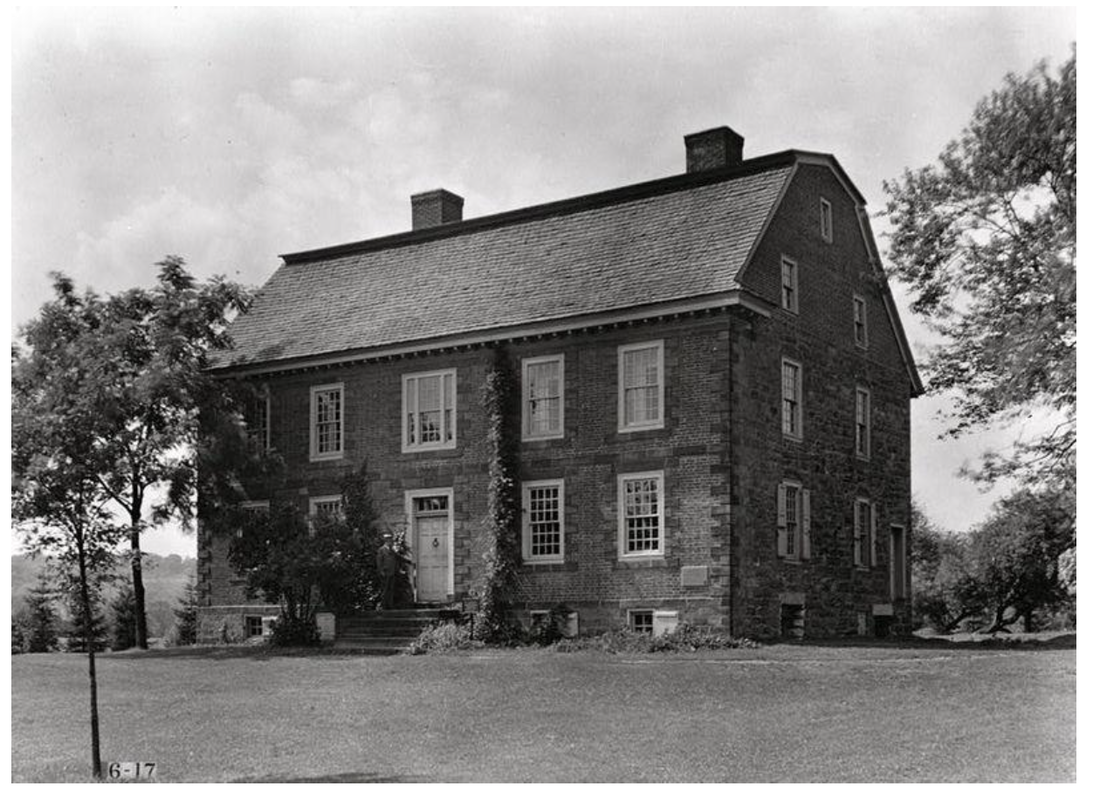
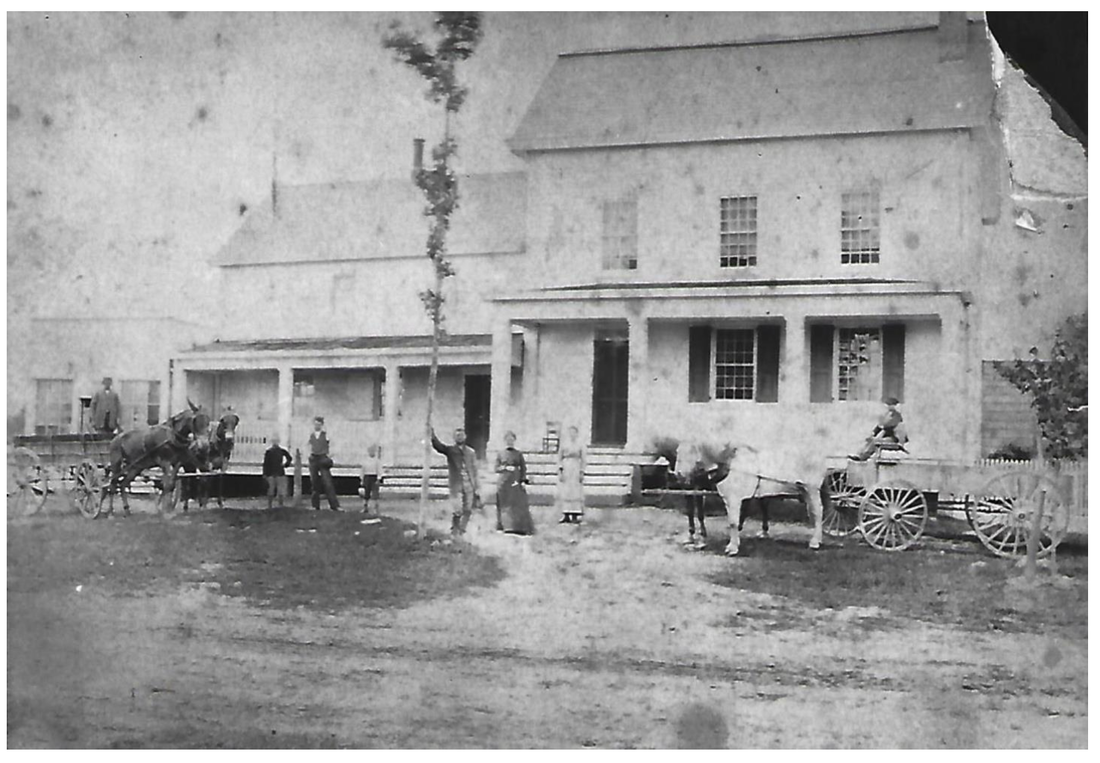
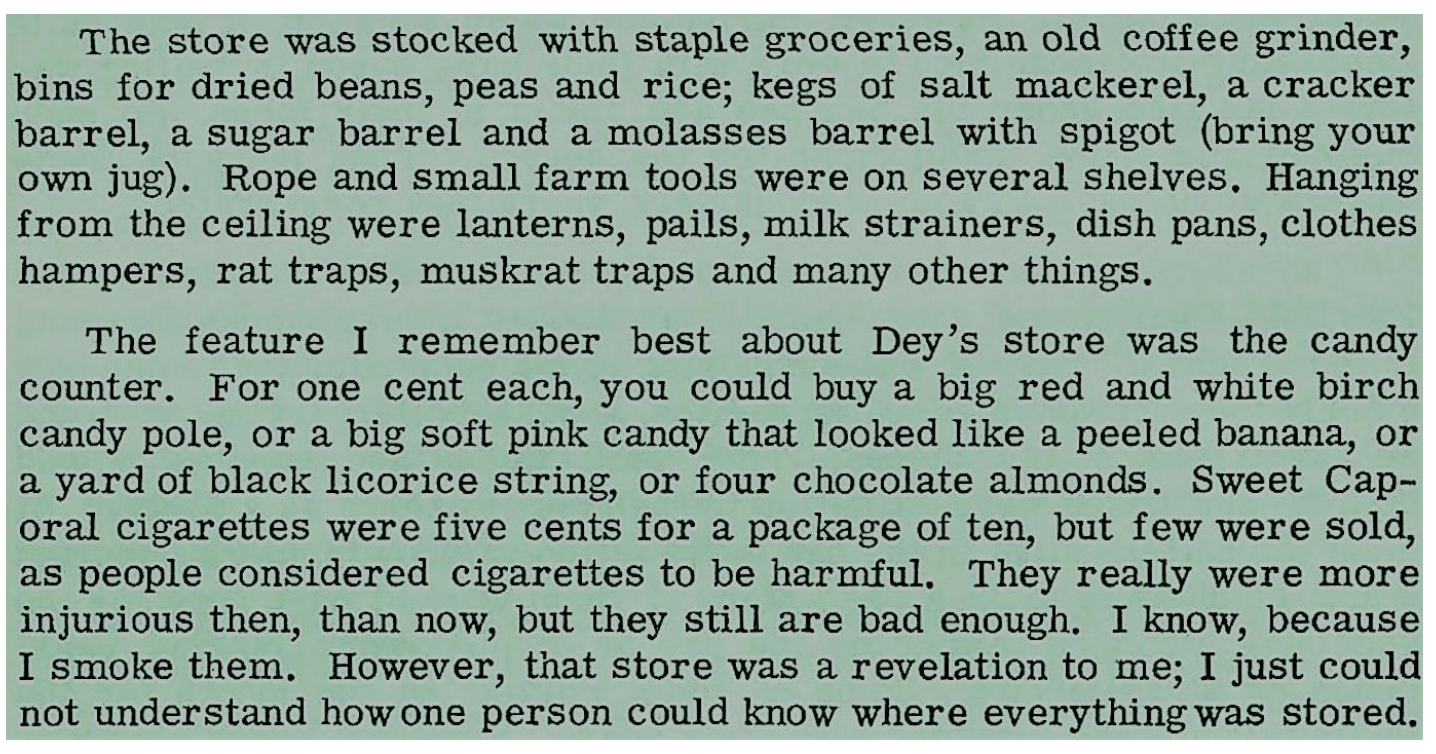
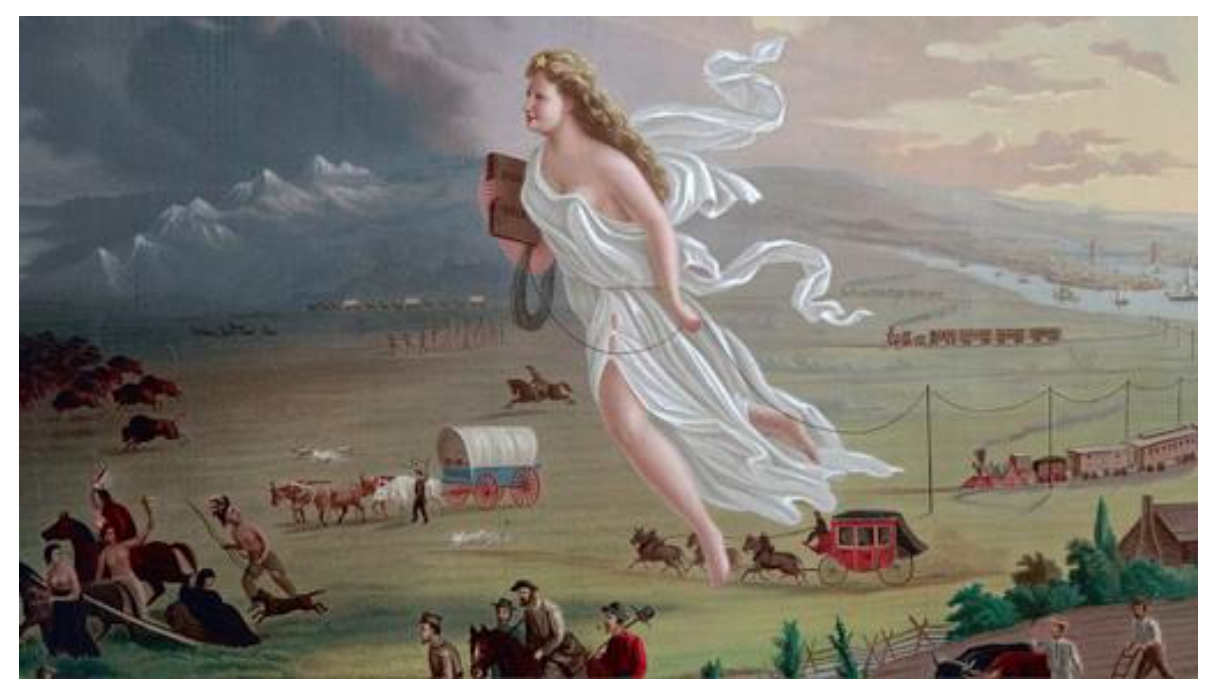
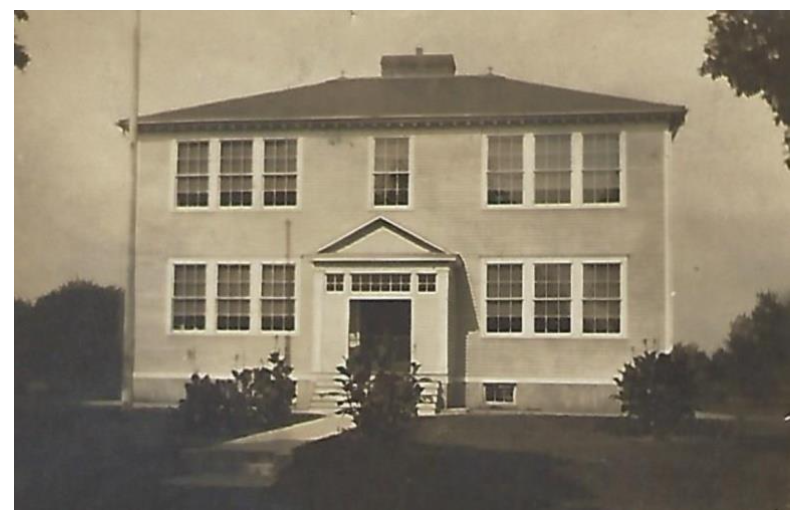
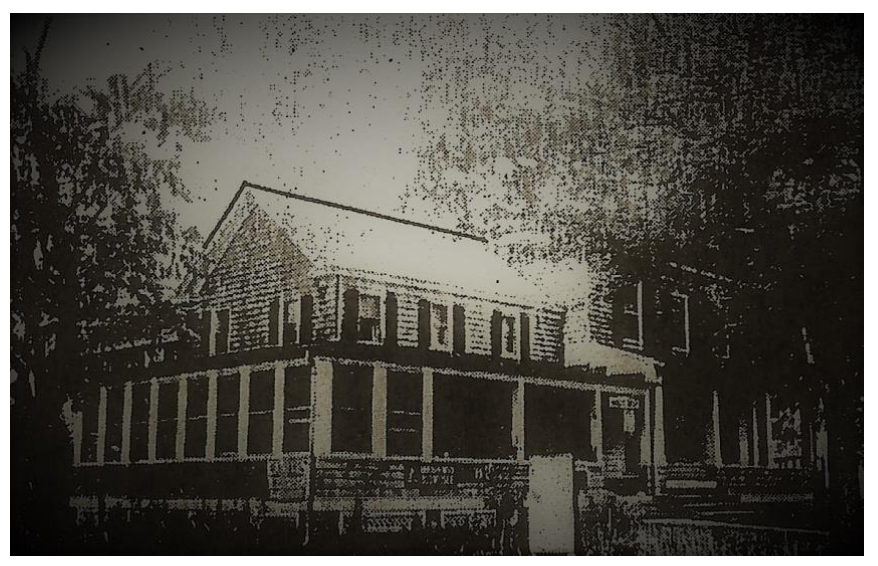

 RSS Feed
RSS Feed